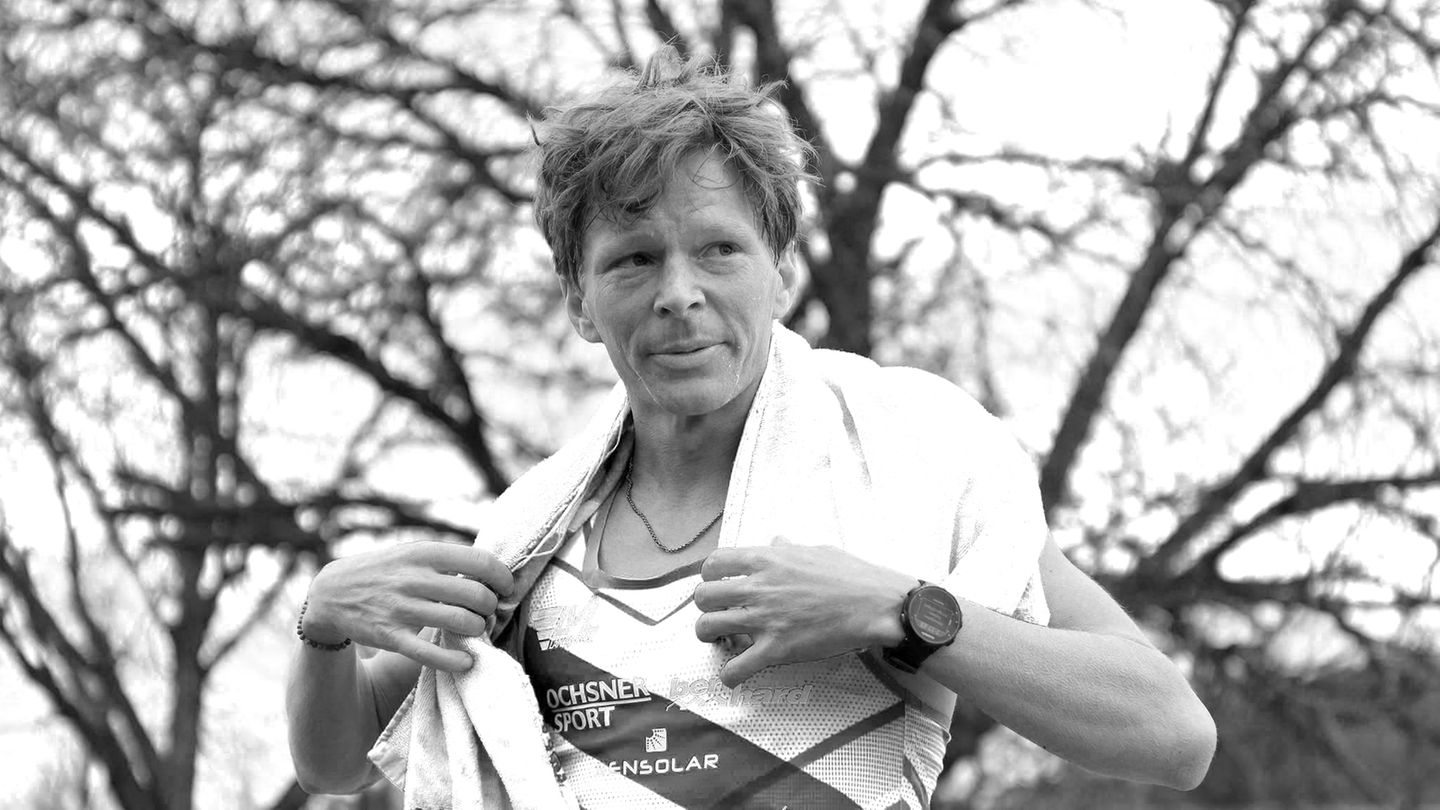The government and opposition describe the vote on May 14 as a “fateful election”. For the first time in 20 years, Erdogan is not going into the race as a favorite and fears for his re-election.
This Sunday, voters in Turkey will vote on the presidency and a new parliament. 100 years after the founding of the republic, the country is faced with a choice of direction. The most important questions and answers:
What is voted on?
Voters have two votes on May 14: one for the President and one for Parliament. Against incumbent Recep Tayyip Erdogan (69) the most promising candidate is opposition leader Kemal Kilicdaroglu (74) for an alliance of six parties. In addition, 55-year-old Sinan Ogan is another candidate in the running. But he has no chance of winning. Many parties compete in alliances for parliament.
What’s up with the alliances?
The alliances make it easier for smaller parties to clear the seven percent hurdle. If the total valid votes of all parties in an alliance exceed this hurdle, the minimum requirement for entry into parliament is met. Erdogan’s Islamic-conservative AKP forms an alliance with the ultra-nationalist MHP and with smaller right-wing and Islamist parties.
Kilicdaroglu’s social democratic party CHP is running with the nationalist Iyi party and four smaller parties from different camps. Among them are former Erdogan supporters. The pro-Kurdish HDP is running under the banner of the Green Left Party because of an imminent party ban. It forms an alliance with smaller left-wing parties, which has called on its voters to vote for Kilicdaroglu.
Why is the choice important?
Since the introduction of a presidential system in 2018, Erdogan has had more power than ever before and can largely rule without parliament. Critics fear that the country, with a population of around 85 million, could slide completely into autocracy if he wins again. The opposition wants to return to the parliamentary system. The dominant theme in the Turkish election campaign is above all the poor economic situation with massive inflation. For Europe, Turkey plays a major role in migration policy: the country is home to 3.5 million refugees from Syria alone.
What are the opposition’s chances of defeating Erdogan?
As good as never before. Kilicdaroglu is ahead in most polls, but the race is neck-and-neck. If none of the candidates wins an absolute majority in the first round, there will be a runoff election on May 28 – probably between Kilicdaroglu and Erdogan. It is not yet clear who will win the majority in Parliament with its 600 members. The party that wins parliament would have a psychological advantage in a runoff.
Will the election be fair and free?
According to observers, the election campaign is unfair – partly because of the government’s media dominance. Erdogan also uses state resources. Hundreds of thousands of government and opposition observers are to secure the polls on election night. At least that makes cheating more difficult. Problems can still arise: Experts are critical of a new election law, partly because it increases the risk of regional election committees being filled with Erdogan loyalists. In 2018, Erdogan had already declared himself the winner before all the votes had been counted. The electoral authority YSK is considered politicized and has made decisions in favor of Erdogan in the past.
What is the situation in the earthquake region?
There the election will take place in containers and schools. According to official figures, around 3.7 million people have left the region. So far, however, only around 133,000 people in other provinces have registered to vote. It is unclear how many people plan to return to their home regions to vote.
How will the election affect Germany and Europe?
The relationship with Germany and the EU is considered tense. Negotiations on EU membership are on hold. The opposition wants to change that. Kilicdaroglu wants to achieve visa-free travel for his citizens as quickly as possible and to tackle all the necessary reforms. There could be a conflict with the so-called refugee pact with the EU, which Kilicdaroglu wants to renegotiate. He also promises to send Syrians back to the civil war country on a voluntary basis. He wants to talk to Syrian President Bashar al-Assad about this. Erdogan also wants to get closer to Assad again. Because the country urgently needs investment, including from the EU, Erdogan will try to avoid tensions, at least for the time being.
And for the rest of the world?
The opposition alliance is committed to NATO and wants to continue to maintain close relations with Russia. A fundamental U-turn in foreign policy is not expected, many cornerstones remain the same. For example, the position of questioning sea borders in the Aegean with neighboring Greece. This has great significance for nationalists in Kilicdaroglu’s alliance.
Expert Hürcan Asli Aksoy from the Center for Applied Turkey Studies (CATS) sees two crucial differences in the foreign policy of the government and the opposition. For one thing, the rhetoric will change and there will be no more hostility towards the West, she says. The opposition also wants to institutionalize foreign policy. Politics is no longer made in the presidential office, but in the ministries.
Would Erdogan leave voluntarily after an election defeat?
Observers assume that there shouldn’t be any problems if the opposition wins by a wide margin. It could be tricky if the outcome of the election is close. Then Erdogan could try to challenge the result. In 2019, for example, his party had the result of the Istanbul mayoral election annulled after the opposition won. When the election was repeated, the opposition then won by an even greater margin.
When does the election begin – and when will the result be available?
Around 61 million people are entitled to vote in Turkey. Around 3.4 million people were called to vote abroad, 1.5 million of them in Germany. It has already been voted on there. Polling stations in Turkey open at 7:00 a.m. (CEST) and close at 4:00 p.m. (CEST). The first partial results, which initially have little significance, are expected in the evening. These are published by the state news agency Anadolu. The opposition feeds the results into its own system and wants to inform the public regularly. The winner is usually already determined during the night.
Source: Stern
I have been working in the news industry for over 6 years, first as a reporter and now as an editor. I have covered politics extensively, and my work has appeared in major newspapers and online news outlets around the world. In addition to my writing, I also contribute regularly to 24 Hours World.




